Diesel fuel (and diesel storage) is part and parcel of farming in Western Australia. Thus, it only makes sense to be smart about your approach when purchasing it, especially considering that the whole nation is highly dependent on imports for most of its fuel needs.
Below are a couple of reminders to keep in mind when purchasing diesel.
Purchasing Diesel for Storage: Tips On What and What Not to Do
1. The market is volatile. Does it make sense to buy cheap diesel?
The answer may surprise you.
Some of the factors that help drive the cost of diesel include the strength of the Australian dollar, government excise taxes, and GDP growth - among other things. These, plus the fact that Australia derives 90% of its fuel needs from outside of the country subjects fuel prices to fluctuating changes.
What can a sensible business person like you do?
The first thing to try to avoid doing is picking the market and basing your decisions heavily on your predictions. Know that the guess work is as tricky as the market is complex.
What you can realistically do instead is to budget specifically for increased fuel prices.
When you aim for a contingency budget rather than play the guessing game, your profit could only soar if prices do fall.
Additionally, a contingency budget eliminates the need for you to have to keep on revising your budget each time the price of fuel changes.
2. Diesel supply chain interruption, a possibility
If the supply chain of diesel suffers any interruption, your farming operations (especially during harvesting or seeding season) could suffer serious downtimes and financial losses as suppliers struggle to cope with the demand. This is worrisome especially in light of the recent drone attacks in Saudi Arabia.
According to the Department of Environment and Energy’s Liquid Fuel Security Review interim report which was released earlier this year, Australia's consumption days for liquid fuel stocks as of December 2018 is as follows:
- Petrol - 18 days
- Diesel - 22 days
- Jet fuel - 23 days
- Crude oil - 24 days
Source:
Department of the Environment and Energy - Liquid Fuel Security Review
The standard fuel reserve mandated by the International Energy Agency (IEA), which Australia is a member of, is 90 days.
As of 2018, the country's average net imports falls below this mark with up to 80 days including "fuel already loaded in ports of other IEA countries or in tanker ships on the ocean. While these stocks are not allowed to be counted under current IEA methodology, these stocks are owned by Australian companies and are destined for import to Australia."
3. Practice good record-keeping
This goes in conjunction with having a budget in preparation for soaring fuel prices. Managing your records will help you plan your purchase to suit your needs. As with many things, keeping a record, including a record of your fuel finances, helps you feel more in control. Studies show that our brain loves lists so start placing high value on this undertaking!
4. Find a bulk diesel fuel supplier that you can trust
Finding a diesel supplier that guarantees quality diesel could spell the difference between loss and gain. Note that poor-quality diesel fuel greatly reduces how effective it will be, could decrease the lifespan of your machinery/equipment and render your operations inefficient.
5. Mind the shelf life of your diesel fuel
Diesel that has run past its lifetime forms sludge/sediment that will have serious consequences on your productivity and operating costs.
Anything that blocks your fuel filters (like sediment from old fuel) could result in fuel having a hard time reaching your engine.
When your engine starves due to inadequate fuel, it could stop working right in the middle of you having a busy day, resulting in lengthy downtimes and the need for you to frequently change your filters.
6. Safety compliance
One important consideration for on-farm diesel storage is the potential risk it poses to the environment. When your diesel tank suffers a major leak, it could compromise our soil and water sources. That is why choosing storage tanks that are reliable and strong is a definite must.
Additionally, check your local or state regulations on preventive measures concerning diesel fuel. You may be required to have a bund constructed to act as a secondary containment for the liquid in case of a leak.
7. Strictly manage your diesel storage and maintain your diesel storage tank
The right diesel storage tank plays a huge part in helping you to keep within your budget and avoid unnecessary costs. Additionally, you need one that complements all the other tips mentioned above.
Use a diesel storage tank that’s completely sealed to prevent contamination from impurities (e.g. dust and water). This will help you avoid problems associated with contaminated fuel as was outlined in item no. 5.
We hope this list was able to give you some nuggets of learning.
Related topics:
6 Common Issues with Farm Diesel Storage Tanks
Poly Diesel Storage Tanks: The Revolutionary Way to Bulk Up on Diesel and Save



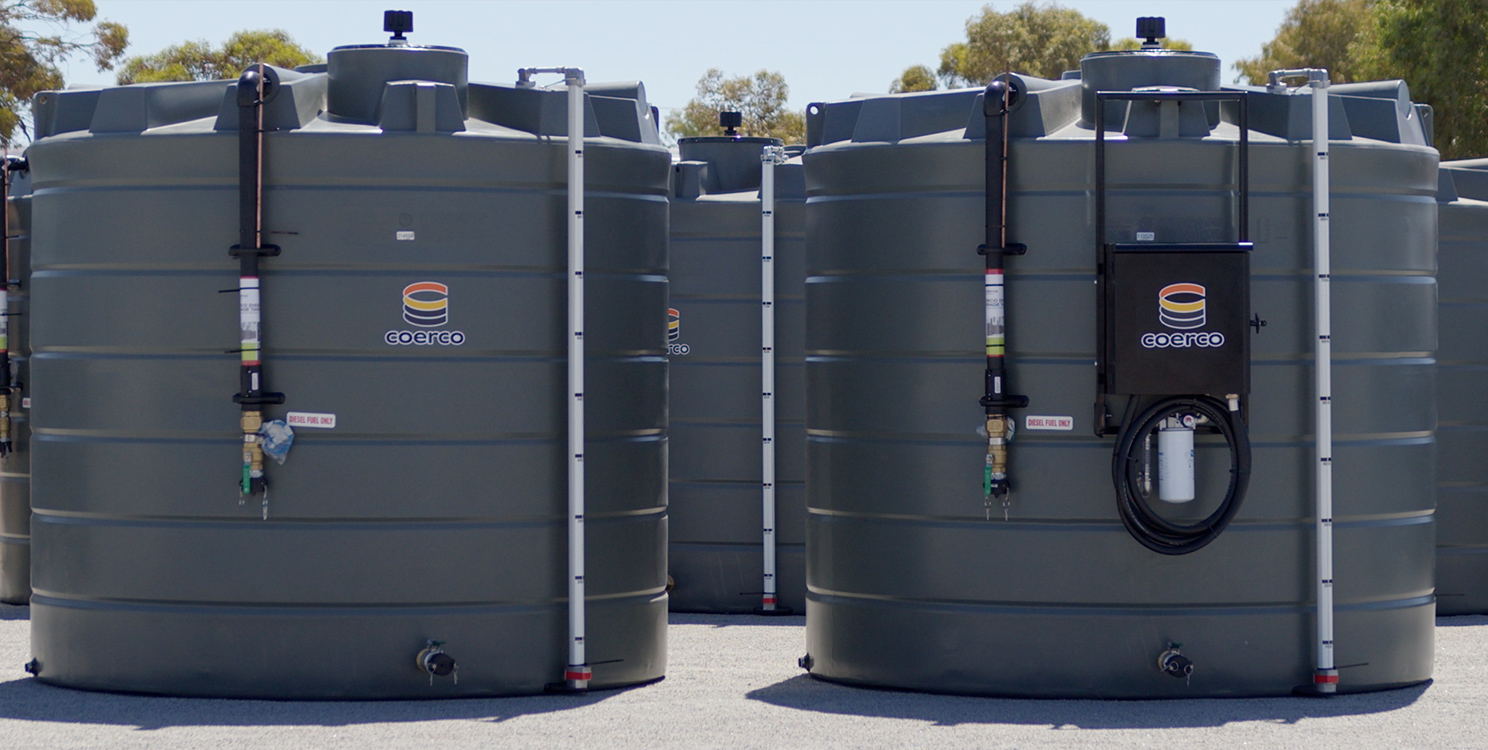
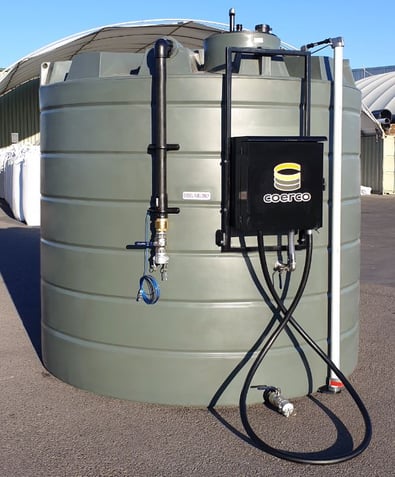


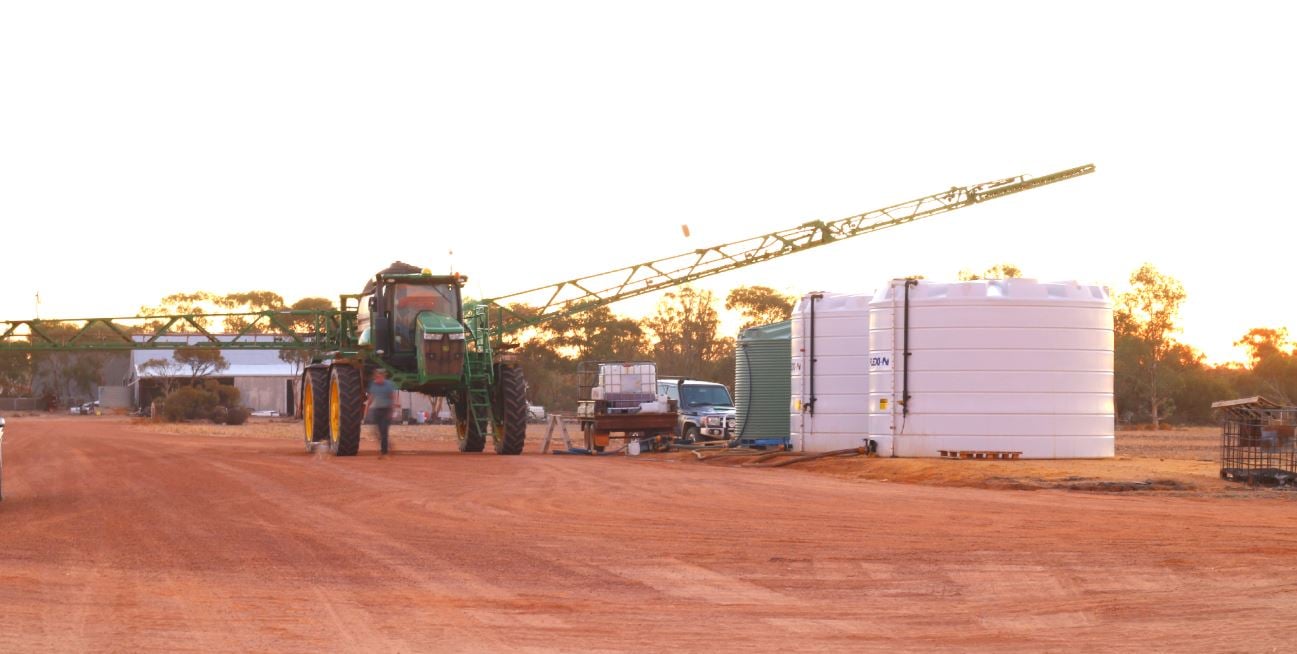
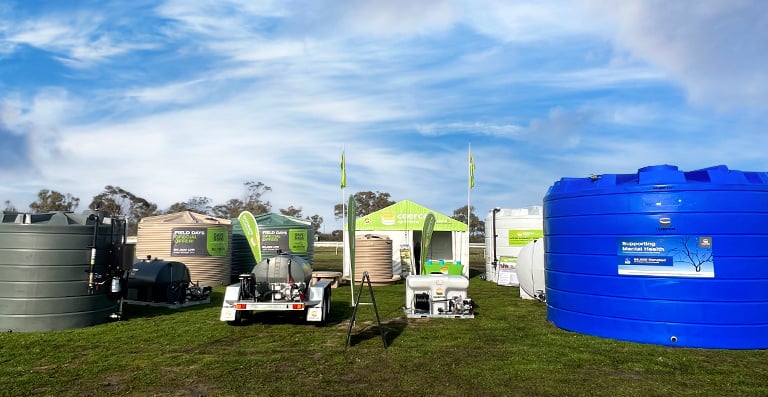
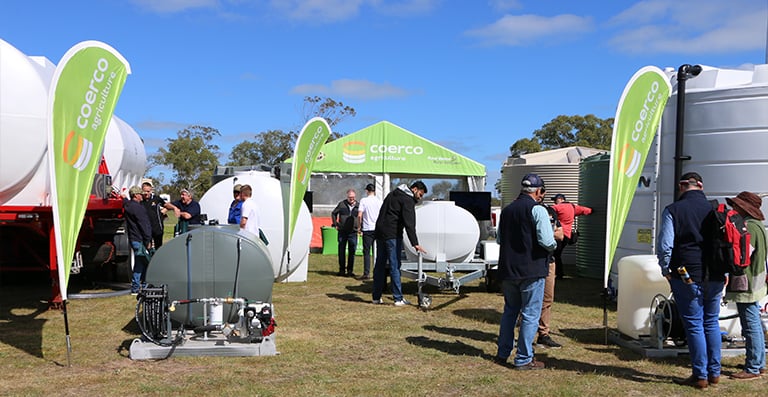
What do you think about this post?
Comments